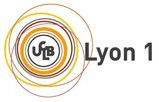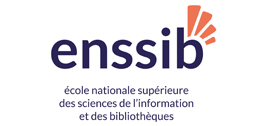PhD Defense: Implementing Ecosystem Natural Capital Accounting Methodology to the Rhone watershed: the proof-of-concept
| When |
Sep 16, 2019
from 02:00 to 05:00 |
|---|---|
| Where | ENS de Lyon, site Monod, seminar room building M6 |
| Add event to calendar |
|
Abstract:
How to measure the degradation of nature, its "health" condition, to determine the depreciation of its use, not recorded in the balance sheets of the nations? My thesis work on the "ecosystem accounting" of the Rhone river basin is an experimental first on a new methodology integrable with the still incomplete tools of the national accounts of the type GDP. Consuming ecological capital, our renewable resources, without amortizing means the creation of ecological debts.
The goal of ecosystem accounting is to produce a decision support tool to avoid the net degradation of ecosystems through science-informed public policies. The tool produces ecological balances based on geographical information and measured in physical terms, making it possible to perform modelizations and simulations in order to estimate the internalisation of externalities.
I have developed various synthetic indicators relating to the functions of ecosystems and their integrity, to calculate the ecological potential of the Rhone watershed and measuring ecosystem degradation, stability or enhancement. The accounting diagnosis is accompanied by a spatial description of the changes observed in order to better understand their relevance. The tool is likely to help the various territorial entities to position themselves on the management of their strategic renewable resources (water, soil, biomass, infrastructures and ecological services) in the context of a changing world order: major geopolitical issues in terms of security and food and energy sovereignty, in their link with public health.










